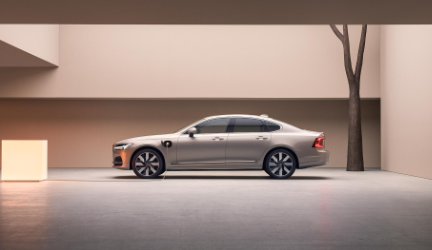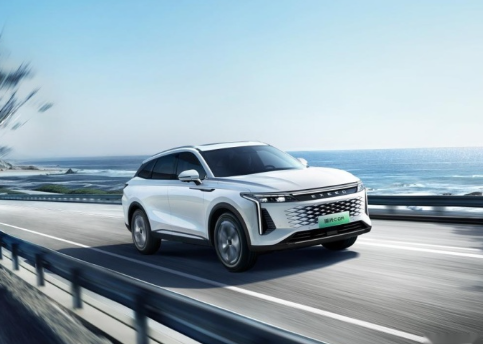More consumers are becoming environmentally aware and seeking ways to reduce their carbon footprint. Hybrids typically emit 30 - 50% less carbon dioxide than gasoline - only vehicles. Moreover, by using electric power in urban areas, hybrids help cut air pollution, contributing to cleaner cities and better living environments.
As global climate change awareness grows, the move towards sustainable transportation is crucial. Automakers are responding by introducing more hybrid models, with many pledging to boost production of eco - friendly vehicles to meet consumer demand. This shows that sustainability is not just a passing fad but a significant movement.
Driving Interest
Technological innovations have had a huge impact on the hybrid vehicle market. Improvements in battery technology, for example, have led to lighter, more efficient batteries that charge faster and last longer. These developments have made hybrids more practical and appealing to a wider range of people.
Automotive features like regenerative braking, which converts kinetic energy back into electricity for the battery, have enhanced the overall efficiency of hybrid vehicles. With improved capabilities come greater consumer confidence and interest.




